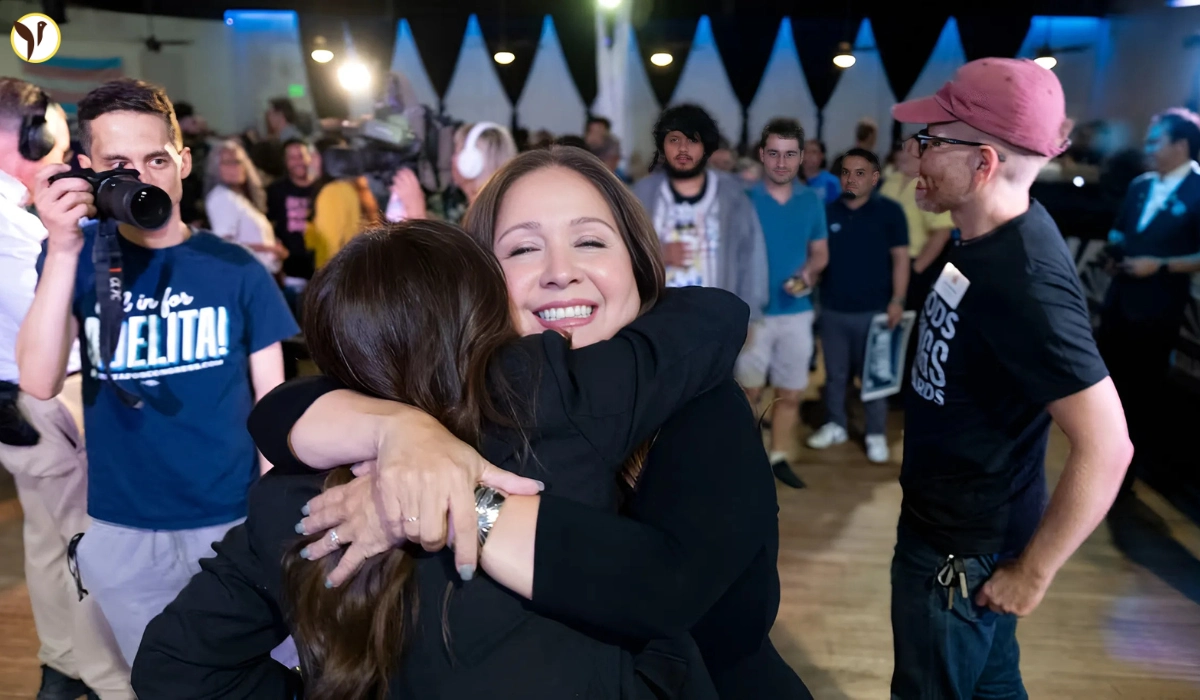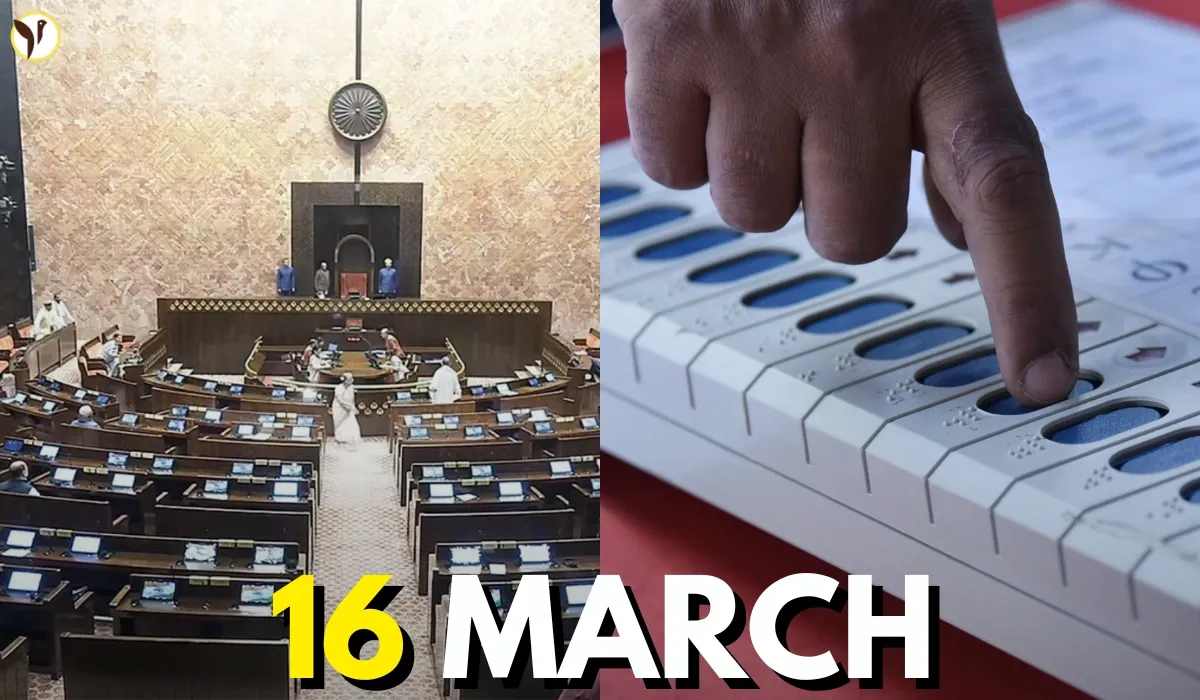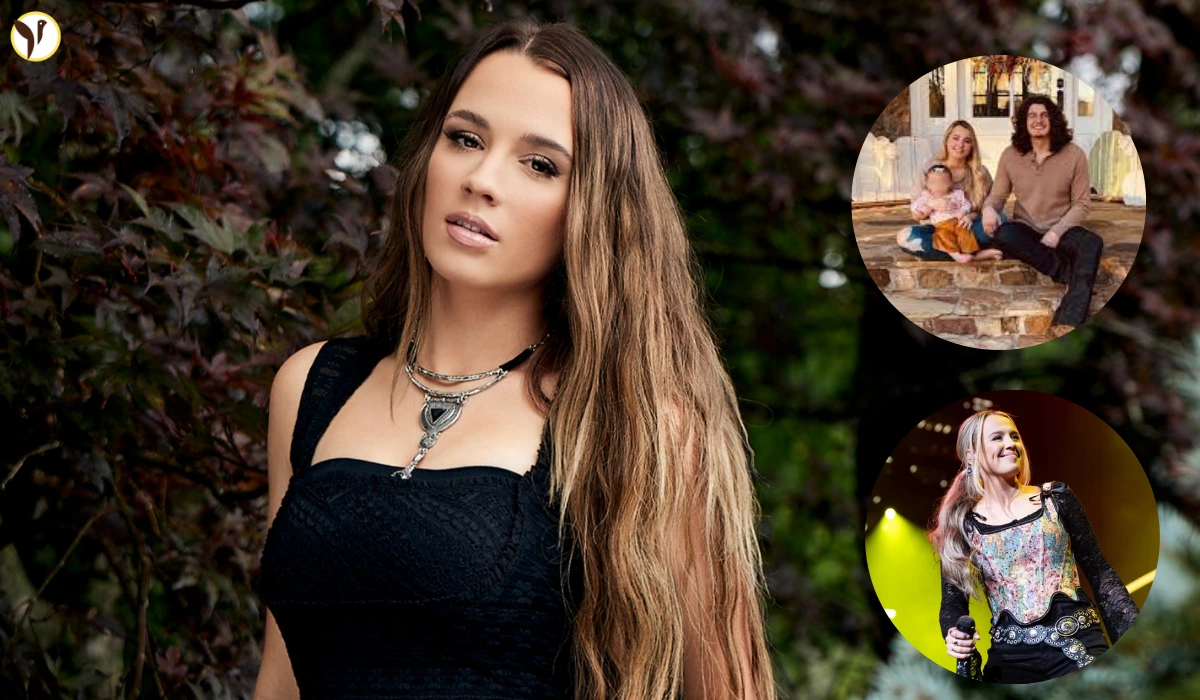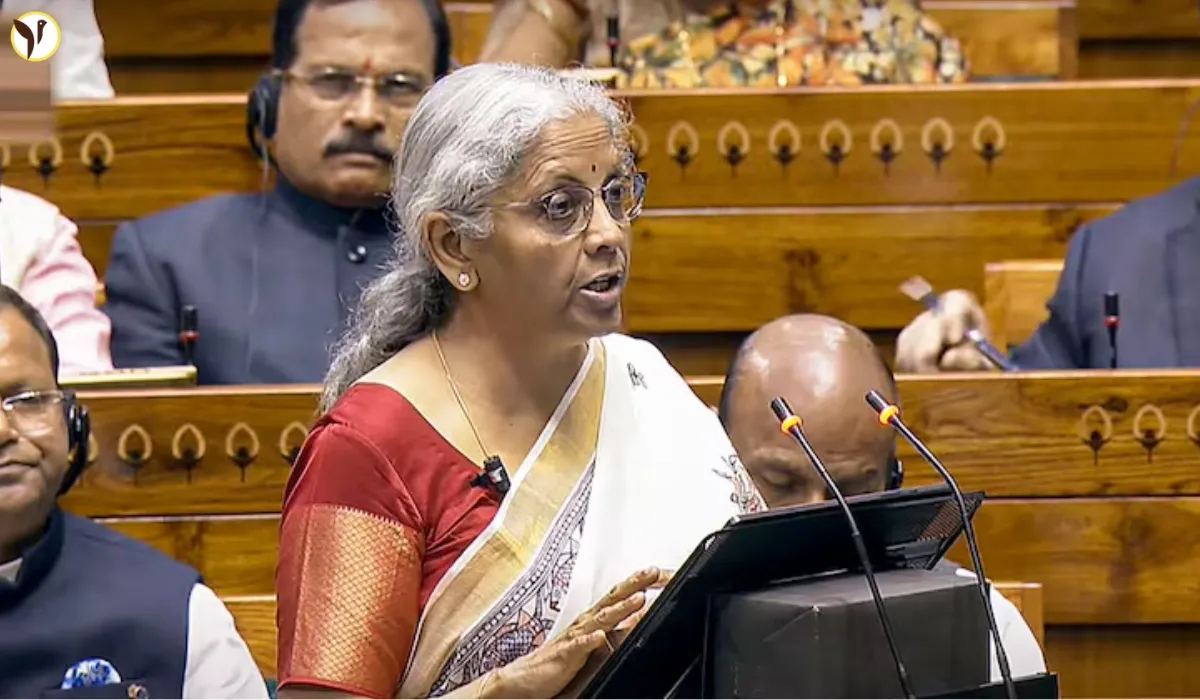Adelita Grijalva resigned and will be elected the Democratic party nominee for Arizona’s 7th District, defeating 25‑year‑old activist Deja Foxx by a significant margin in a race that gave way to a deeper generational tug‑of‑war within the Democratic party. Now Grijalva heads into the September special election with momentum—but the contest exposed some surprising currents few were anticipating.
This was more than just a primary. This wasn’t just Grijalva and Foxx, this was legacy vs. youth, traditional in-person campaigning vs. social media campaigning, experience vs. insurgency. Even though Adelita officially won by about 40 points, the election showed the possible differences in how politicians may approach its Gen Z voters in the future. If Deja’s energy is sustained, who knows how different future elections could be—whether or not the candidate wins.
Thank you to the people of District 7! This movement doesn’t end tonight. We’re just getting started. pic.twitter.com/wmnpqVT8Ed
— Adelita Grijalva (@AdelitaForAZ) July 16, 2025
Unexpected Fresh Takeaways You Won't Read Anywhere
Grassroots door-knocking mattered
Adelita’s campaign knocked on over 39,000 doors with 1,400 volunteers in just Tucson—and this old-school grassroots work tried to ensure the disadvantaged remained loyal, particularly with older and rural voters. It may not be cool or sexy, but it got her dedicated support that TikTok could not replicate.
Gen Z messaging early indications
Deja Foxx raised over $600,000, mostly in small donations and received about 20% of the vote, suggesting social-media driven campaigns can likely create change even without an official endorsement.
Latino Voter Indicator vs.Name
Post‑election analysis showed that while her family name helped, Adelita also stood out because born and raised in Tucson, grew up one of 5 children, attended Pueblo High and went on to University of Arizona. Her local roots were arguably at least as powerful as a name.
Responses from the Campaign Trail
On Twitter, Deja posted:
"Make your voice heard!..."
Make your voice heard!
— Deja Foxx (@Deja_Foxx) July 15, 2025
This incredible team are out here seizing the moment, organizing for change, and fighting for a better future. But none of it matters if we don’t show up.
🗳️ Polls close at 7 PM. Have you voted yet? pic.twitter.com/tB9x6q7k0D
Legacy vs Change: What Voters Chose
Adelita, 54, was able to rely on decades of public service—whether that was with the Tucson Unified School Board then Pima County Supervisor with massive endorsements from Alexandria Ocasio‑Cortez and Bernie Sanders. Deja, at age 25, was taking on the establishment with literally lived experience: Medicaid, SNAP, Section 8. Experience won out—but voters still made their voices heard.
Youth Campaigning: Not Just Flash—Substance
Deja Foxx is more than just an influencer. She launched GenZ Girl Gang—a mentorship organization for young women—and once confronted Sen. Flake about reproductive rights when she was 16. Her grassroots activism gave her the edge she needed for name recognition and real life inclusion.
What Now Until September
- A faceoff against Republican Daniel Butierez, who received his party's nomination and previously faced Adelita.
- Campaign focus shifting from identity to major issues--immigration, healthcare, climate.
- Larger Democratic significance: watch if Gen Z energy turns into sustained support or just a blip.









